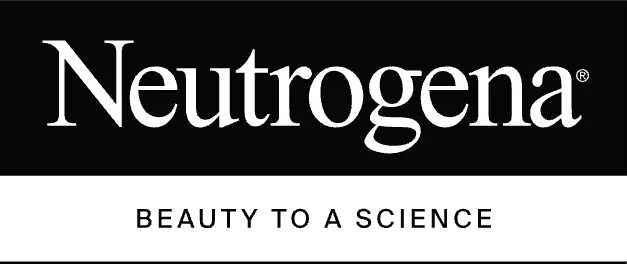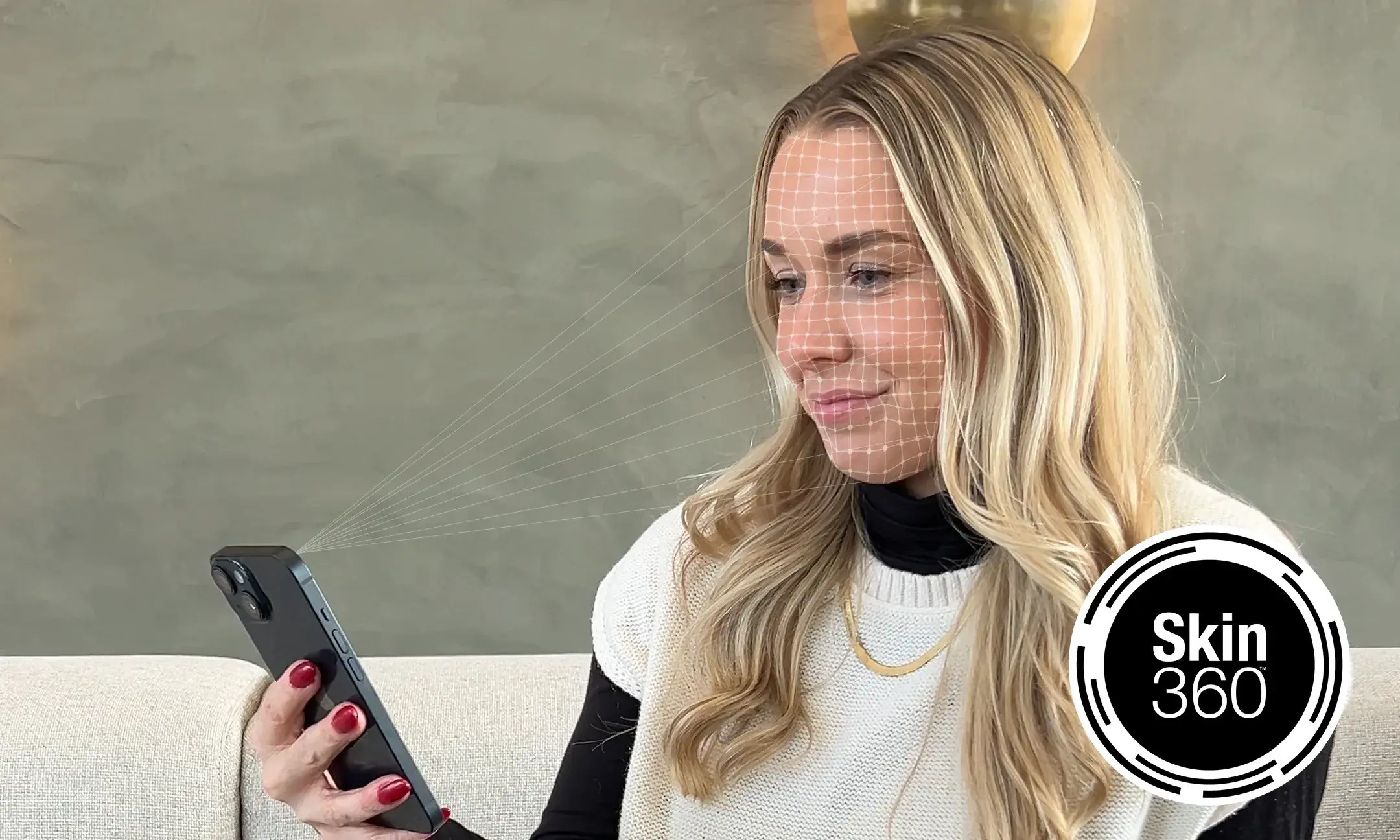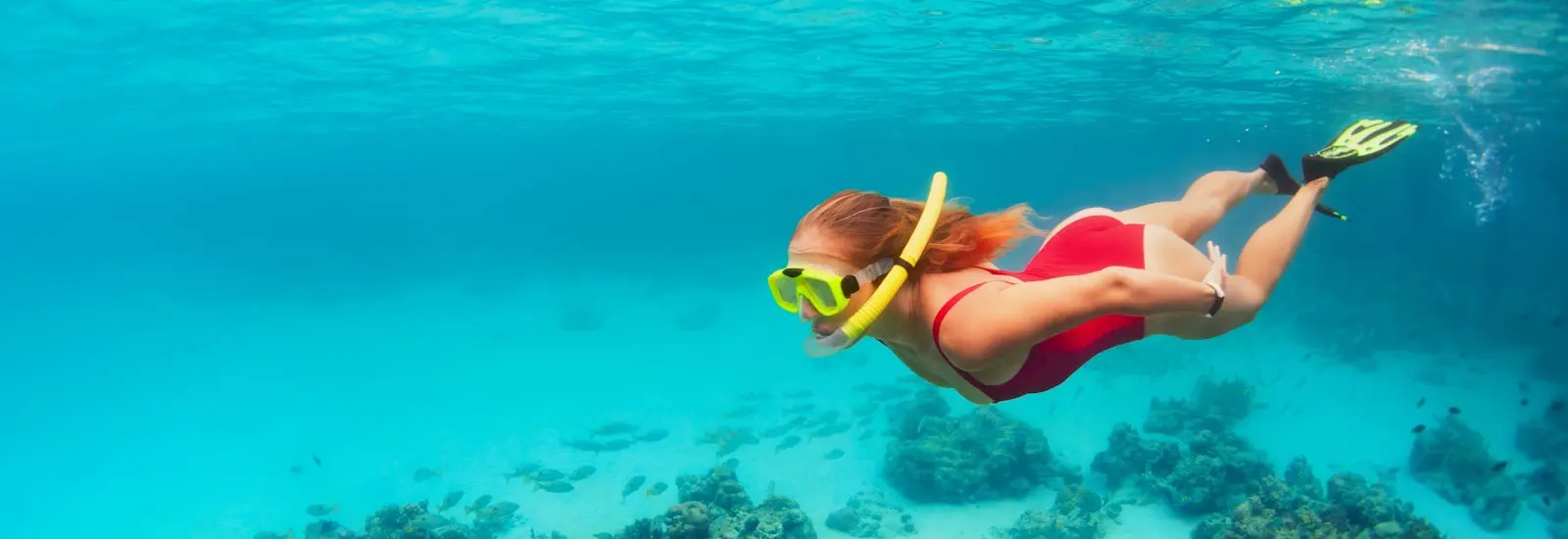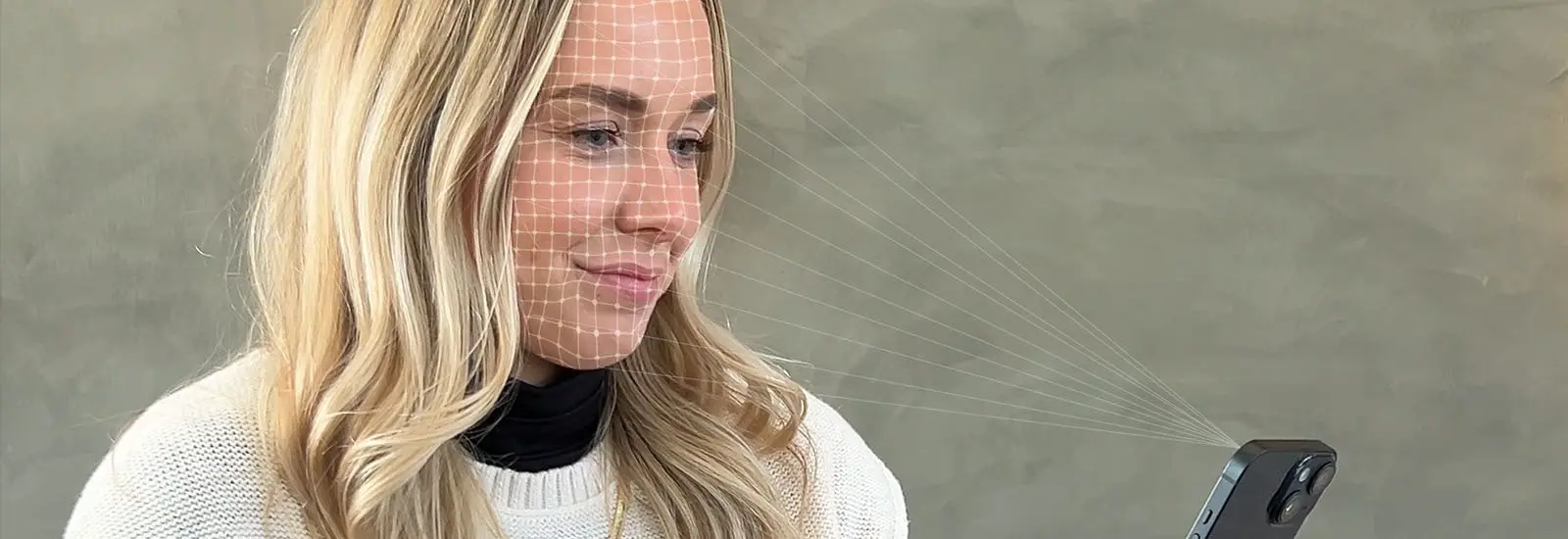Our planet is a precious place. It’s important to protect it. And sometimes that means being extra aware of the ingredients in products that we use on a daily basis. Like sunscreen. We obviously want to shield our skin from harmful UVA and UVB rays and use products that are gentle on the environment.
Of course, there are so many sunscreens to choose from, right? And recently, some common ingredients have been called into question. With misinformation out there, it can be confusing to even know what reef safe and reef friendly means. These terms are typically being used to identify that a product is free of certain chemical ingredients. Concerns about the effects of oxybenzone on coral reefs have led to misleading information about the safety of oxybenzone to the marine environment.
The good news is that Neutrogena® offers a variety of options that are safe for you and gentle on the environment so you can feel good about wearing sunscreen!
To help ensure you're properly protecting your skin this summer, the AAD, CDC and skin cancer groups, recommend using multiple forms of sun protection—wearing sunscreen, seeking shade, and covering up with clothing.
Now… let’s peel back the layers of three common myths about sunscreens.
Myth 1: Oxybenzone is the cause of global coral reef decline.
So, here’s the real deal: There’s no solid scientific evidence to support this claim. In fact, those studies that have attempted to create a link between oxybenzone and global coral decline have not been based on what we would find in nature. According to environmental experts around the world, coral decline is primarily caused by climate change. Increased levels of carbon dioxide in the atmosphere drives ocean warming and acidification, which causes coral bleaching events. Other local stressors like physical disturbance, overfishing, and the spread of coral disease and invasive species also make it worse.
Myth 2: Big brands don’t care about the environment.
Neutrogena® takes sustainability seriously! We’re committed to keeping up-to-date on the latest and ever-evolving coral reef and marine ecosystem research. We’re also leading our own research and funding academic research to support these topics.
Learn more about initiatives that Neutrogena® is committed to.
Pioneer the Global Aquatic Ingredient Assessment™ (GAIA) tool.
Healthy water is essential for human life, fish life, and plant life. More than a decade ago, the makers of Neutrogena® developed and launched GAIA™ in collaboration with independent environmental experts to help us understand potential interactions between our ingredients, aquatic ecosystems, and the communities around them. To date, we’ve assessed almost all our ingredients using GAIA™ to guide our decision-making process about what ingredients to use and how to use them. This comprehensive look at environmental impact makes GAIA™ truly unique from other similar tools.
Always improve what we do — every day.
Safety goes beyond putting products on shelves. Good science is always evolving, so we never stop with a single assessment. We’re always monitoring and adjusting what we do based on studies, research, regulations, and feedback from you. (Hint: We read every.single.review.) Neutrogena® also collaborates with healthcare providers, safety professionals, and experts.
Myth 3: It’s safer to skip wearing sunscreen.
Not so fast! When you don’t wear sunscreen, you’re putting yourself at risk of developing skin cancer. Don’t get us wrong. We love the sun; but there’s a safer way to go about enjoying it, and that’s wearing sunscreen every day along with other protection measures. And remember, the best sunscreen is the one you love to use.
Here’s why: About 9,500 Americans are diagnosed with skin cancer every day. That’s nearly 3.5 million people each year. Dermatologists say that even one severe sunburn can double your chances of getting a form of skin cancer. Sunscreen is the one-and-only over-the-counter product that along with other sun protection measures is proven to help reduce the risk of skin cancer.
Neutrogena® formulates science-backed sunscreens that offer you superior sun protection. Plus, we have different options to fit your daily (or seasonal) sunscreen needs. Remember Neutrogena® is committed to developing products that are safe for you and gentle on the environment. Two great reasons to make sunscreen a part of your morning skincare routine.





